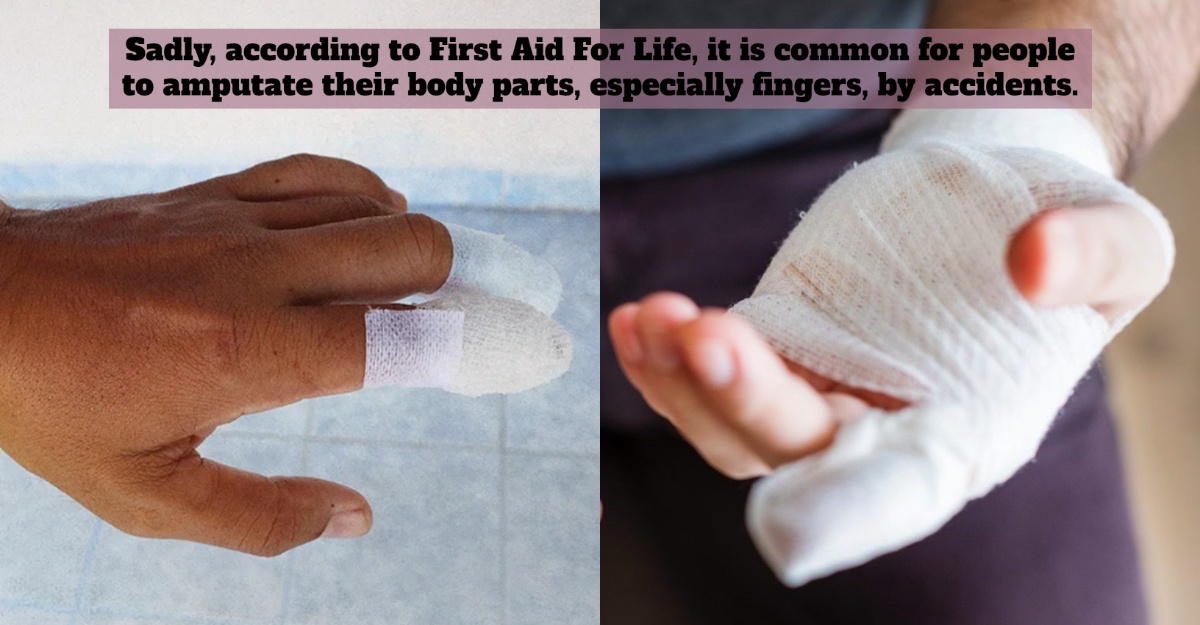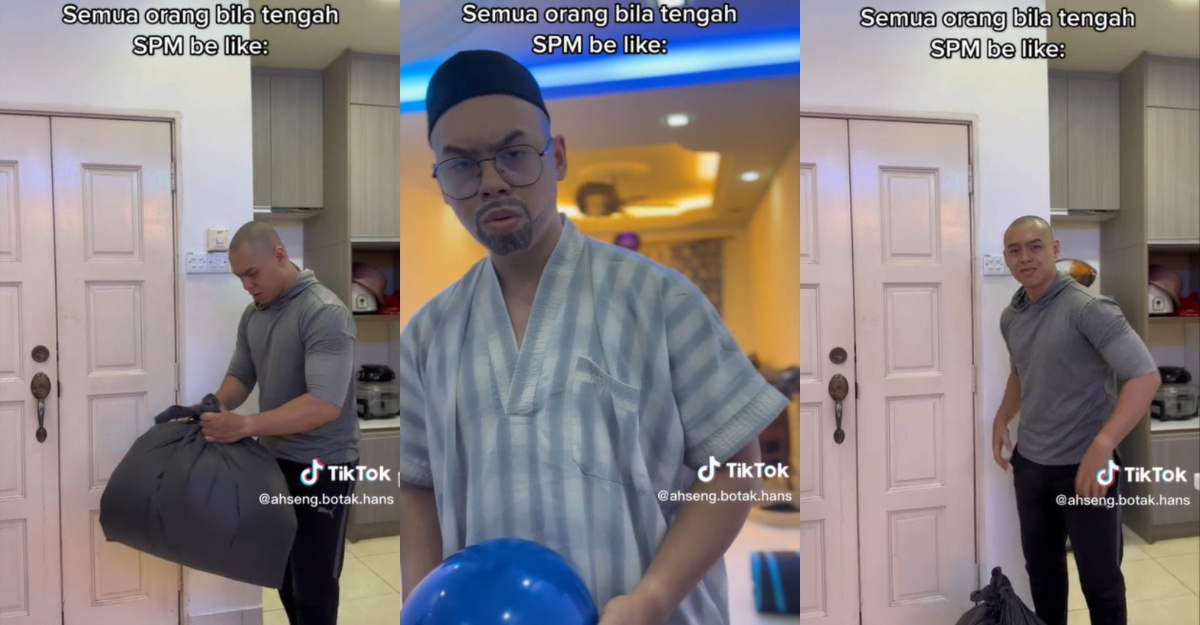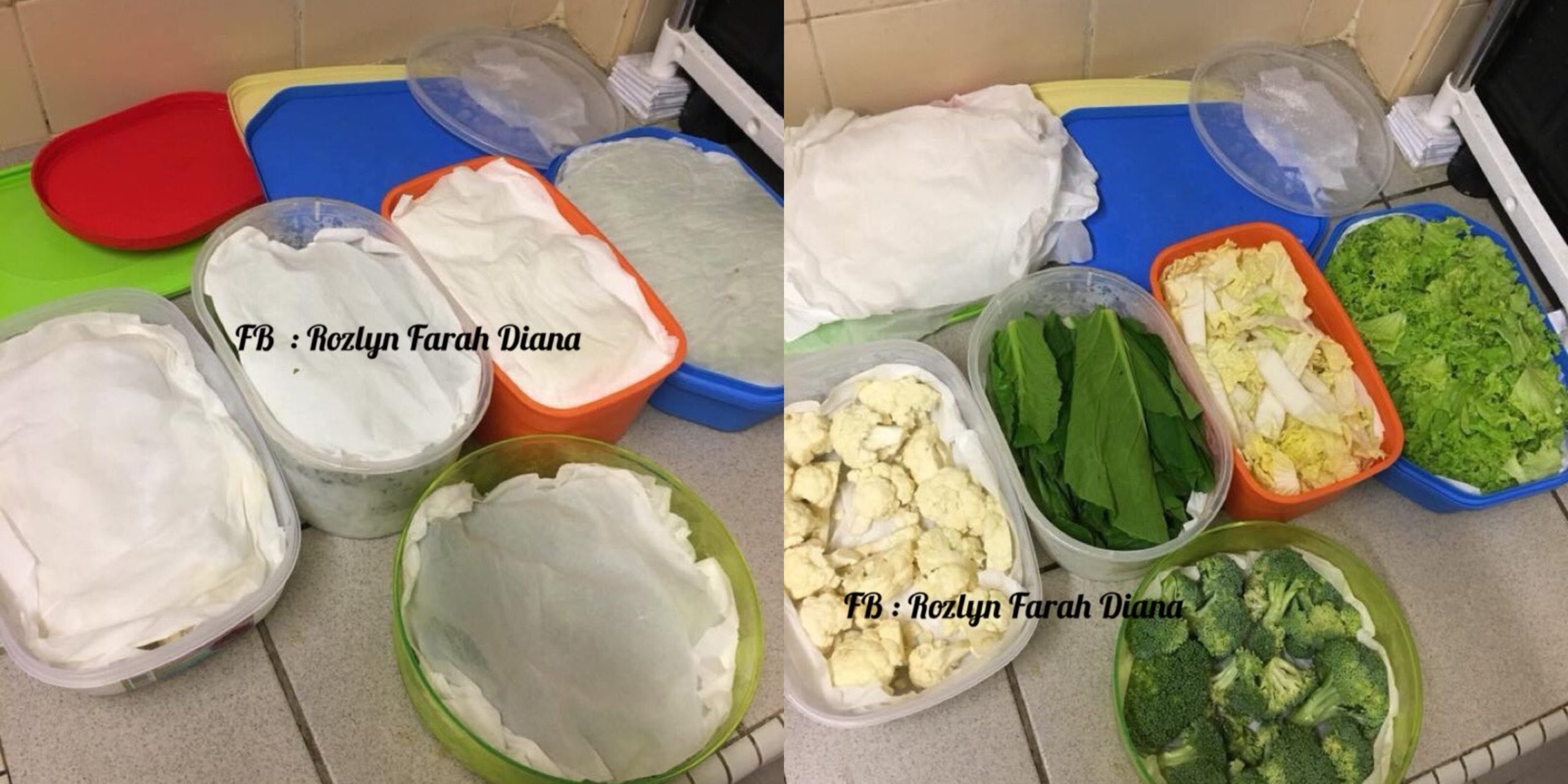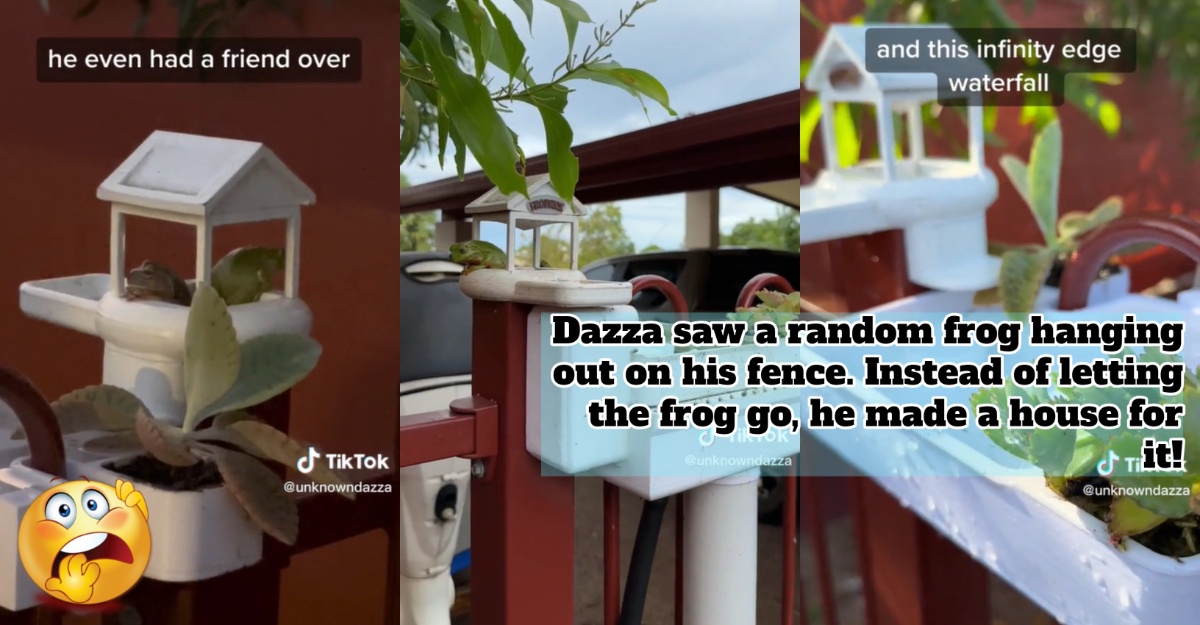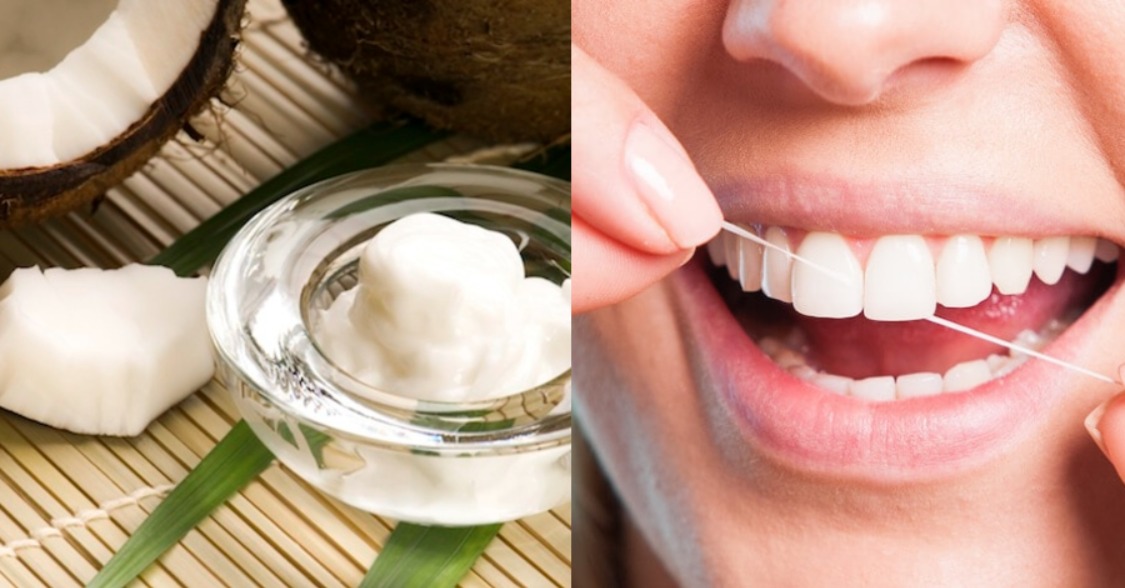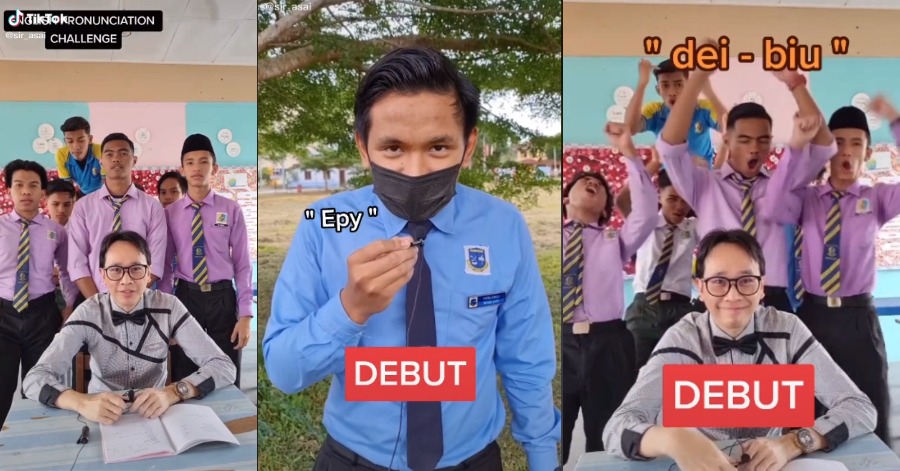Each of our body parts has its own function that allows us to be who we are now. Nonetheless, sometimes, accident happens. We are lucky if the accident is not severe. If it does, it may change your life forever.
One of the worst things that could happen due to accidents is getting any part of your body cut off. Sadly, according to First Aid For Life, it is common for people to amputate their body parts, especially fingers, by accidents. Usually, people lose their fingers due to sharp knives and a door slam.
Thus, what should you do if this accident ever happens to you? Follow these useful instructions shared by @DrSamhan onTwitter.
APA PERLU BUAT JIKA ANGGOTA BADAN TERPUTUS?
“Kau tolong angkat ayam dibelakang tu bawa ke depan”, pinta Pak Dahlan.
“Baik”, Halim terus meluru seperti yang diarahkan.
Halim angkat bakul yang penuh dengan ayam. Terhuyung-hayang kerana terlalu berat… pic.twitter.com/b41SzOZbgf
— Dr Samhan (@DoktorSamhan) December 15, 2022
Injured body parts (fingers)
- Clean the injured parts by running water
- Wrap the injured parts using a clean cloth or napkin to stop the bleeding
- Raise your hand above the heart level to reduce blood pressure.
- Fold another piece of cloth and make a triangle shape to be used as a sling around the neck.
Amputated body parts (fingers)
- Clean the amputated parts with running water (if it’s dirty)
- Wrap the amputated parts with a damp cloth
- Put the amputated parts in a dry plastic
- Then, place the dry plastic in another plastic that is filled with ice
- Bring along the plastic to the hospital with you
If this ever happens to you, do not delay going to the hospital. If you are fast enough, you might possibly get your fingers stitched again.
Next, @DrSamhan advised to not clean the amputated parts by submerging them into the water. You should also not put ice on them because it can cause blood flow to stop. Any oil, cream, or powder is not allowed because it will increase the risk of bacterial infection.
By following these steps, you may hinder yourself from getting a lifelong disability.
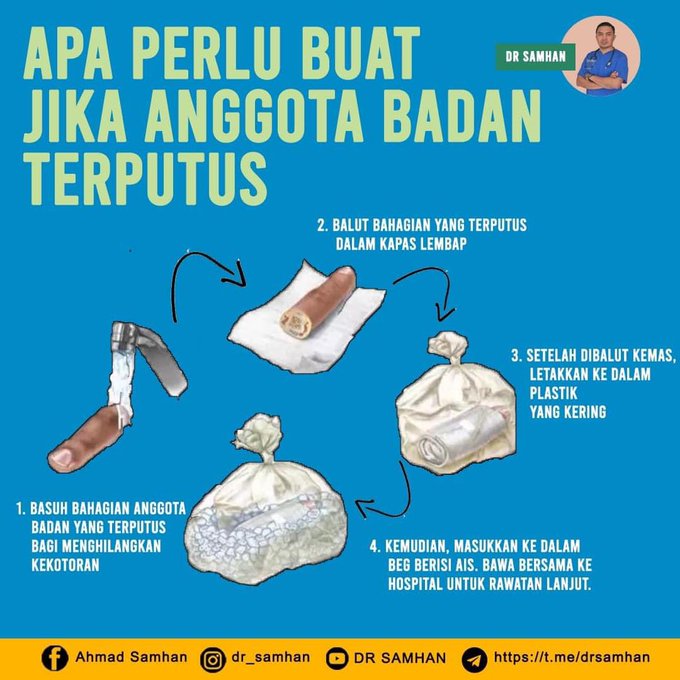
Source: @DrSamhan (Twitter), First Aid For Life

